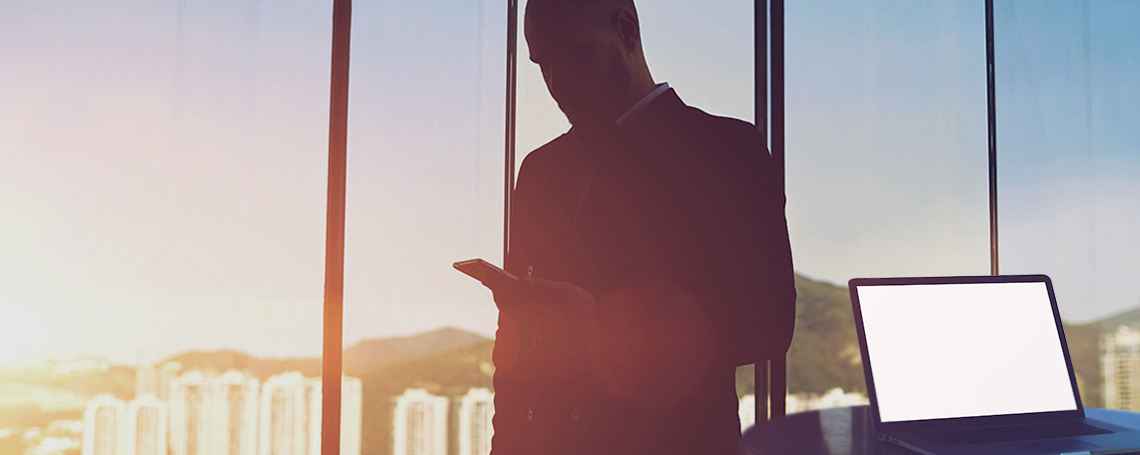


Our working schedule, whether it be for school or work, is long known to be geared for early risers or ‘early birds’. Whether going to school in the morning or a 9 to 5 day in the office, “the early birds,” as the age-old saying goes, “always gets the worm.” This is because their alertness and energy levels are at their peak during the daytime, particularly in the morning, giving them an advantage.
On the other hand, late-risers or ‘owls’ are often disadvantaged by this traditional structure to our day. Experts attribute these tendencies to chronotypes, or variables to the circadian rhythm, the internal biological clock that controls our energy levels, and quality sleep, over a 24 hour period.
“Morning people, or early birds, have an early chronotype. They like waking up early and they tend to feel at their best earlier in the day,” the sleepfoundation.org website noted. “Night owls, on the other hand, have a late chronotype. They prefer to wake up later and they feel most motivated and active at night. Chronotypes lay on a spectrum, and most people fall somewhere in between.”
Aside from chronotypes, the healthline.com website attributed other causes. These include “hormones, sunlight, age, and even where on the planet you live,” as well as genetics, as potential factors behind your inclination to be early birds or night owls.
Steps to become a morning person
While adjusting to become a morning person might not come easily or naturally to night owls, it is possible to change their circadian rhythms with alterations to habits and lifestyles. These include changes to bedtimes and waking hours, exposure to natural light, exercise, and adjustments to mealtimes for better quality sleep, among others.
sleepfoundation.org website highlighted the benefits of a consistent bedtime for quality sleep, and warned against the pitfalls of sleeping in on weekends.
“Having a consistent sleep schedule makes it easier to get your recommended seven to nine hours of sleep per night and feel more refreshed during the day...so it is best to set regular sleep and wake times and follow them daily,” the website noted.
The University of Oxford’s Sleep and Circadian Neuroscience Institute have noted a relation between lighting and your circadian rhythms. “Dim light in the evening delays circadian rhythms not only in the brain but also in organs throughout the body,” the institute said in its website scni.ox.ac.uk.
In a lab experiment on mice, researchers from the institute noted that “exposure to dim light in the evening delays activity rhythms, sleep and body temperature. In addition, the normal rhythm of learning and memory performance is reversed, which may be related in sleep/wake timing.”
Sleep experts have found close links between regular exercise to earlier bedtimes for quality sleep. “In a recent study that tracked the exercise pattern and sleep cycles of 52 participants, people with an evening chronotype could advance their sleep cycle to an earlier time of day by exercising either in the morning or in the evening,” said healthline.com. The website also recommended morning exercise to maintain the new sleeping pattern.
The sleepfoundation.org backed the findings, as it found that exercise can “help [night owls] bring their sleep cycles approximately 30 minutes earlier.”
Mealtimes, specifically dinner, are just as important in making you a morning person as moving up your bedtime, use of natural light, and regular exercise to fill your need for quality sleep.
On its part, sleepfoundation.org recommended evening people to “adjust their meals so they had breakfast immediately after waking up, ate lunch at the same time daily, and refrained from eating dinner after 7 pm.”
The website also warned about the negative effects of caffeine on quality sleep through the night. “Drinking caffeine up to six hours before bedtime can disrupt your sleep and make it harder to drift off,” and “to limit caffeine to morning hours, and avoid consuming more than 400 milligrams of caffeine daily.”
Conclusion
Recent findings in the science behind quality sleep, particularly increased awareness about the role of chronotypes in our circadian rhythms, has leveled the playing field between early birds and night owls. Now the latter does not have to feel at a disadvantage to the former, as experts suggested the steps that night owls should take in order to become a morning person.
While these might include changes to your bedtime, evening meals and foodstuffs as well as exercise, we at King Koil can help you change your chronotypes with our cutting edge line of mattresses, pillows and other sleeping products to get you the quality sleep you need. The use of Premium Comfort Knit, terminally treated Gold Coil from Germany and other state of the art innovations will ensure you can make your transition from a night owl to an early bird a safe, comfortable experience that will meet your need for quality sleep.